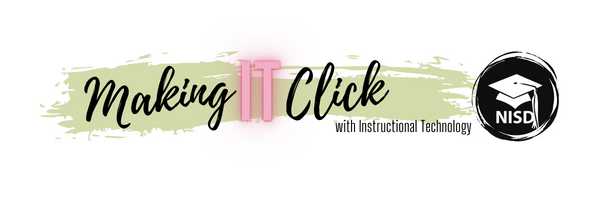The group of Michael, Matthew, Marcos, and Jonathan chose to do their project on robots and the future of artificial intelligence. "This project was fun because we got to put our own spin on it, both by choosing our own products and in how we did the presentation, which we did as a skit," said Michael. Jonathan elaborated that they "appreciated the product list Mrs. Day gave us because we got to choose what digital tools to use in order to more efficiently represent our topic." This way, students not only got to choose the topic themselves, but they also chose what tools to use. This allowed them to represent their thoughts on the subjects they chose as they related them to the lessons in the book. Michael explained that their research gave them a different "perspective on whether people should do things rather than if they could do things."
The group started by using a Google Doc to plan out the project, including their subject, research, pros/cons of the subject, links to resources and products, and even a script for their presentation. They decided to use a Google Slides presentation to present their portfolio of artifacts, which can be seen here:
The group used multiple tools to create their products. For example, Matthew used Lucidpress to create their preparing for a Robot Uprising pamphlet "because it had lots of built-in design options for making pamphlets." They used Imgur to create a Wanted poster for a rogue robot. Marcos said the ability to choose their own tools, like Canva, and create their own products was very helpful. He explained that it "gave us ideas how to connect things back to the book. I chose the Survivor Shopping List because I thought that people would need to know what they'd need to survive, similar to what Frankenstein needed."
Check out the presentation above to see all the products as they were presented, which was in the form of an interactive skit. The ability of these students to choose their route of learning was evident in every step of this project, and is represented in the quality of their products. "I love the way these students draw comparisons between a novel from 1818 and modern day technology," said Mrs. Day. "These students prove that literature and the lessons it teaches are always relevant."

No comments:
Post a Comment
Note: Only a member of this blog may post a comment.